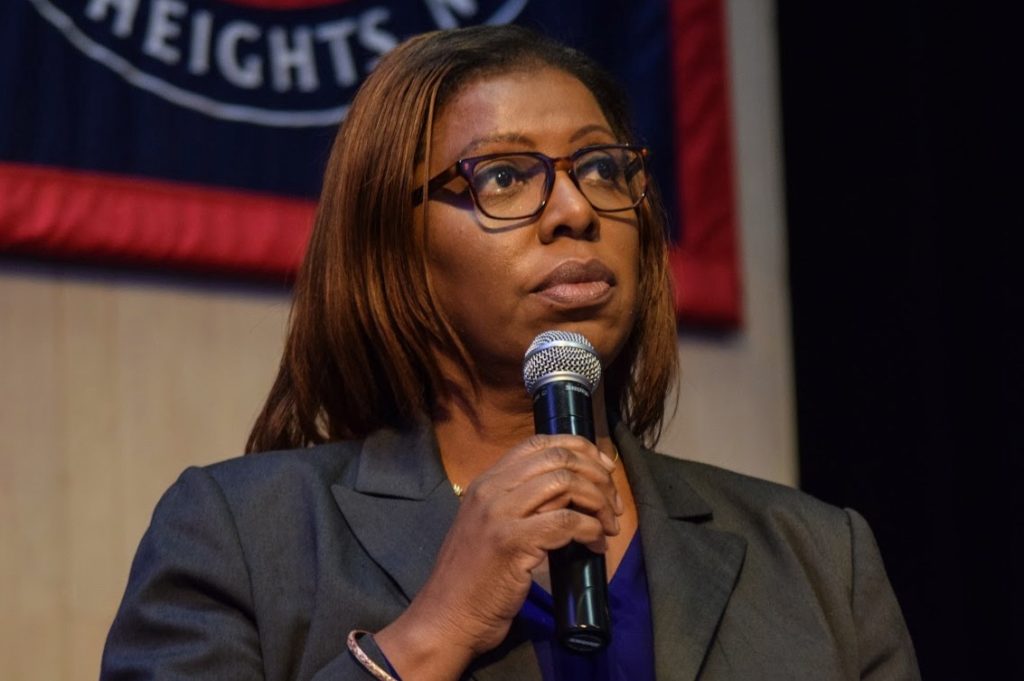AG James sues Trump administration, says paid sick leave rule too narrow
College librarians among those potentially excluded from receiving sick pay, James says

Attorney General Letitia James filed a complaint for declaratory and injunctive relief in the Southern District of New York against the Trump administration, which she says recently passed a new rule that unlawfully narrows workers’ eligibility for emergency family leave and paid sick leave guaranteed by the Families First Coronavirus Response Act.
According to James, new regulations put forth by the U.S. The Department of Labor contradict the Families First Coronavirus Response Act (FFCRA), which means families could be denied financial support while trying to live out the pandemic.
“As the efforts to stem the spread of COVID-19 continue, I will continue to leverage the powers of my office to serve as a frontline defense for protecting the rights of people, especially those who need a hand up at this time,” said Attorney General James.

Brooklyn Boro
View MoreNew York City’s most populous borough, Brooklyn, is home to nearly 2.6 million residents. If Brooklyn were an independent city it would be the fourth largest city in the United States. While Brooklyn has become the epitome of ‘cool and hip’ in recent years, for those that were born here, raised families here and improved communities over the years, Brooklyn has never been ‘uncool’.